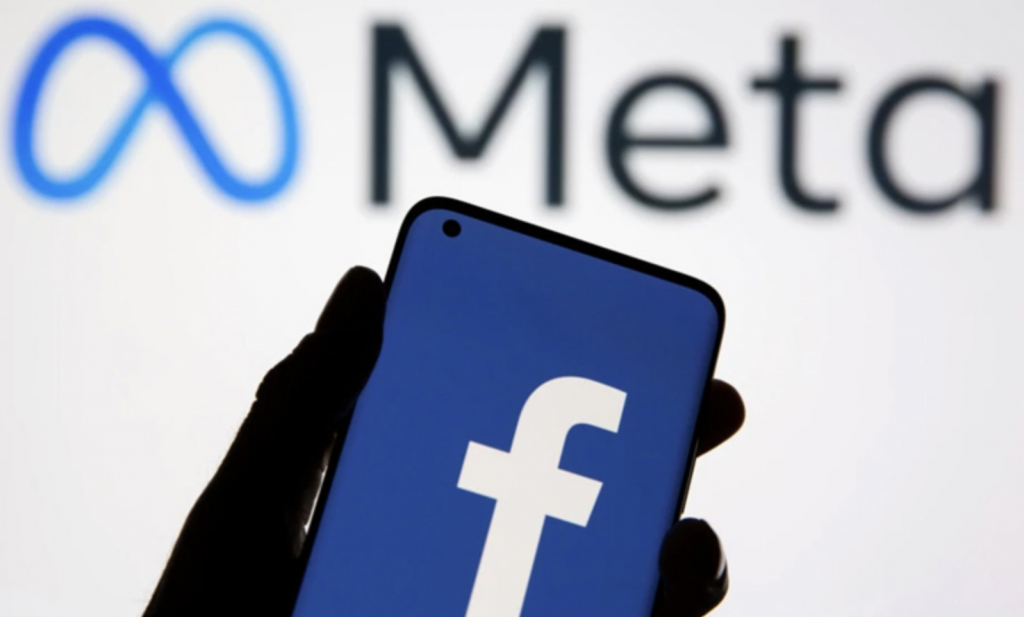The Major Mistake Meta May Be Making
Meta is putting a major stake in bolstering its virtual reality initiatives, however, that could prove to be a huge mistake.
This article is more than 2 years old

Meta, Facebook’s parent company, has made strides to move away from outdated social media platforms. Today, the company is striving towards virtual reality and its metaverse, Horizon Worlds. Alongside this, Meta has been releasing VR and augmented reality headsets for users to immerse themselves in the online landscape. A market research firm IDC recently released a media release that revealed its skepticism of Meta’s longevity in the industry.
Jitesh Ubrani, a research manager of IDC, criticized Meta’s marketing practices surrounding VR products. The company has been pouring monstrous amounts of money into crafting the metaverse while keeping its headset hardware affordable for the average gamer. Making a small profit from the headsets while continuously investing money into constructing Meta’s virtual reality platform won’t be sustainable in the long run, according to Ubrani. The media release gives a holistic view of the headset hardware industry, showcasing how different Meta’s strategies are for gaining profits versus other competitors.
Though Meta is a humungous tech enterprise with decades in the business under CEO Mark Zuckerberg’s belt, this media release isn’t the first skeptical thought about the company’s investments. Ming-Chi Kuo, an analyst at Apple, also agreed with Ubrani’s statements about Meta’s surprisingly affordable headsets. He stated that selling hardware at a loss for the company is not a sustainable practice and will ultimately challenge Meta’s dedication to VR products. Kuo also believes that Meta will slow down its investments in its metaverse, allowing for a financial opening for Apple and other tech corporations to advertise their VR products.
Though many wish for and expect a Meta downfall, the tech company owns a surprisingly large portion of the VR headset market. IDC’s media release shows that Meta owns 90% of the entire headset hardware market. The secondary spots are incredibly abysmal in relation, with ByteDance’s Pico clocking it at just 4.5% of the headset industry. With Meta owning a significant fraction of the market, it seems impossible for the enterprise to falter. But, continuously producing low-cost headsets without widespread traffic on its metaverse may lead to economic trouble down the line.
With Meta leading the headset industry, many are looking at Apple to be its ultimate rival. The latter tech company recently relayed hints about its upcoming VR headset, with a formal announcement coming on January 2023. With Apple’s unstoppable previous innovations, its headset could likely become more popular than Meta’s. It’s also rumored to contain Apple’s state-of-the-art M2 processor chip, which would create a visually spectacular experience for gamers. It’s expected that Apple’s headset will cost exponentially more than Meta’s current ones, which would bump the average price of the hardware. But, consumers might opt to pay higher prices for more advanced tech, which would undermine the social media conglomerate’s headset dominance.
As Apple and Meta compete for the top spots in the VR industry, other tech companies are investing in similar products to rival them. Amazon had a few job listings earlier this year targeting engineers who could construct AR and VR products. Google is also planning to advance its VR accommodations, with plans to build a new augmented-reality device for gamers to purchase.



